SUMMARY
This is AI generated summarization, which may have errors. For context, always refer to the full article.
![[OPINION] Fahrenheit 451 in the Philippines](https://www.rappler.com/tachyon/2021/10/fahrenheit-451-october-28-2021-sq.jpg)
When a library capitulates to alleged “claims of terrorism,” I think it’s abandoning its neutrality and responsibility in favor of bending over backwards and awarding its patrons undue influence over factual knowledge-seeking. Libraries, as centers of intellectual freedom and information literacy, ought to be neutral toward its collections and to differing, rational views.
On the administrative level however, state-funded libraries are bound by institutional mandates such as this recent memo by the CHED-CAR ordering to purge universities and colleges in the Cordillera Administrative Region of what it considers as “subversive” materials. It follows that as professional librarians under these academic institutions, we abide by these orders; given too, that we swore to “uphold the Constitution, and obey the laws of the land.”
And so, bestowed upon our heads is a respect for intellectual freedom – yet our hands are tied behind our backs.
The CHED-CAR memo does not entirely direct the librarians of these institutions to do the job of purging these “subversive” materials. But libraries are our kingdoms. The collections are our crown jewels. Who would better know what to “get rid of” but us guardians of information?
The CHED-CAR memo, on a problematic note, defined these “subversive” materials as those “literatures, references, publications, resources, and items that contain pervasive ideologies of the Communist-Terrorist Groups (CTGs).” From a viewpoint of a librarian, these nouns are nothing but vague synonymous library words grouped in one sentence.
“Literatures” (plural) encompass all written works, from fiction to non-fiction; from prose to poetry; from print to non-print or electronic format. In the academe, “references” and “resources” mean the same thing. And the word “items,” in the language of cataloguing in library science, could mean a million things.
No doubt that within the columns of our shelves we would find obvious “subversive” materials. Perhaps the National Taskforce to End Local Communist Armed Conflict (NTF-ELCAC), the authority leading this advocacy, could pinpoint these “subversive” materials themselves. Or could they?
And what about the other, less obvious “subversive” literatures?
There is a 1971 book, for instance, about the Hukbahalap movement during the Second World War. In its chapters are stories that retold the formulation, ideologies, and struggles of the well-known guerilla movement. This book was cited in over 132 individual studies, and taken as a good reference for Philippine History classes. In its annexes, however, are captured documents about the membership, duties, tenets, and organization of the New People’s Army. This book is outdated, yet it holds relevant information on things the CHED-CAR memo fears. Do we take out this material? Is this “subversive” material?
On the other corner of the library, we would find a fiction book about a girl born from a rich family. Tired of social injustices, she joined a communist rebel group in our country and found herself in the middle of the revolution. The wordings of this book are easy to understand; the content, inspiring. Next to it sits another fiction book, a classic, with farm animals as characters of the story. The narratives are masked as a matter of simple inequality between the characters, yet the moral of the story injects its readers with a pang of anger and disgust against the governing authority. Do we take out this literature? Is this “subversive” material?
And lo and behold, misshelved in the children’s section is another highly rebellious material, inspiring ideas of political change, revolt, and destabilizing our government, but disguised as a colorful children’s book with all its brightly colored pages, big lettering, and comical characters. Do we take out this publication? Is this “subversive” material?
I can go on and on with a list of books I would personally find subversive. Yet, I could also draft references for books with chapters, citations, and footnotes containing “pervasive ideologies of the communist-terrorist group.”
These “subversive” publications are imprecise in nature. Subversion, therefore, is subjective.
“Every reader, its book.”
“Every book, its reader.”
While we professional librarians stand together to say, “Hands off our libraries,” and even if we are directed to follow the orders of our state-funded parent institutions, we are also empowered by the fact that information does not just live within the four corner of our libraries. Suffice it to say that we can only control the information within our compounds. Remember how Noli Me Tangere and El Flibusterismo were dispensed among our fellowmen.
A single piece of paper cannot cease the pursuit of knowledge, nor taint a spirit on fire. An informed individual builds the pillar of democracy. – Rappler.com
Julie Ann Dominique San Esteban has a Master’s degree in Library and Information Science from the University of the Philippines-Diliman, and is currently the university librarian of the University of Caloocan City.
This piece represents her own views, and not of the institution she is currently affiliated with.
Add a comment
How does this make you feel?
![[OPINION] Who’s afraid of books?](https://www.rappler.com/tachyon/2021/10/ispeak-whos-afraid-of-books-sq.jpg?fit=449%2C449)
![[Rappler’s Best] Patricia Evangelista](https://www.rappler.com/tachyon/2024/04/unnamed-9-1.jpg?resize=257%2C257&crop=486px%2C0px%2C1333px%2C1333px)
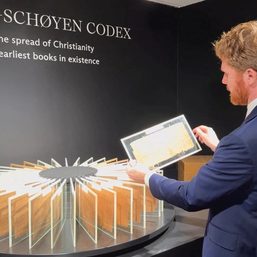
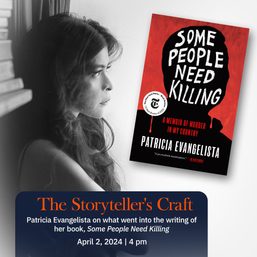

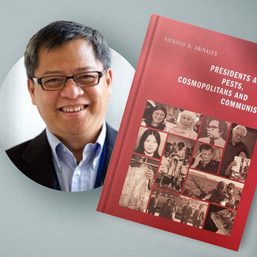
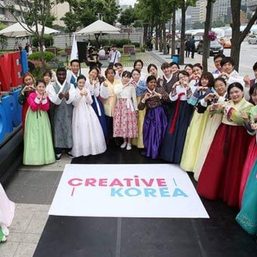
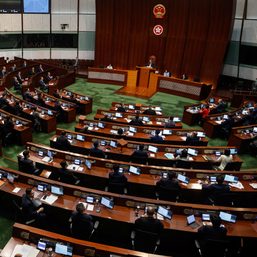

![[EDITORIAL] Dapat makinig si Marcos kay UN special rapporteur Irene Khan](https://www.rappler.com/tachyon/2024/02/animated-un-marcos-human-rights-elcac-carousel.jpg?resize=257%2C257&crop=327px%2C0px%2C720px%2C720px)

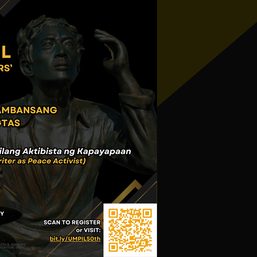
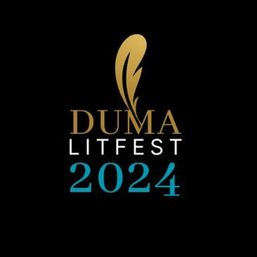
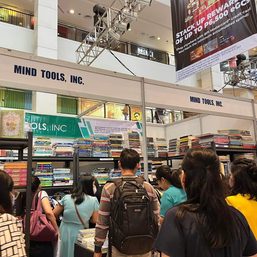
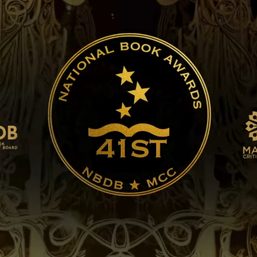


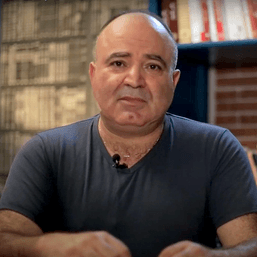
![[Newsstand] The media is not the press](https://www.rappler.com/tachyon/2024/04/tl-media-is-not-the-press-04132024.jpg?resize=257%2C257&crop=281px%2C0px%2C720px%2C720px)

There are no comments yet. Add your comment to start the conversation.